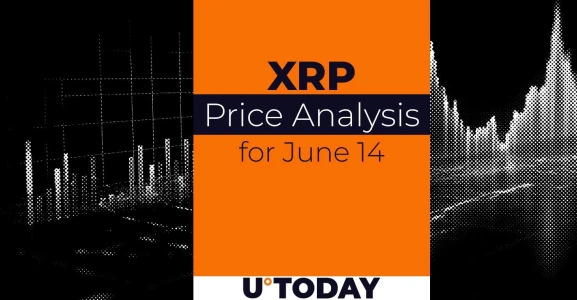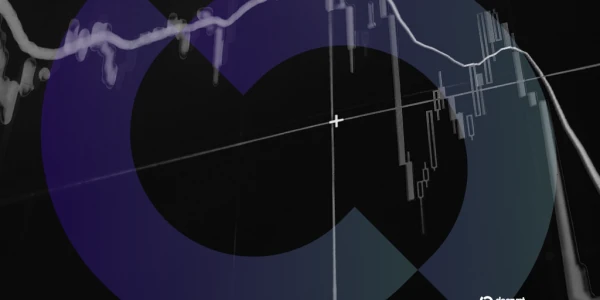
Coinbase CEO: US Debt Crisis May Propel Bitcoin to Become Global Reserve Currency
Armstrong joins critics warning that U.S. fiscal policy could accelerate global de-dollarization and boost Bitcoin’s appeal.[...]
Coinbase CEO Warns: Bitcoin Could Become World's Reserve Currency if Congress Fails to Address Debt Crisis
Coinbase CEO Brian Armstrong has issued a stark warning: if Congress fails to quickly tackle the mounting $37 trillion in national debt, Bitcoin may emerge as the world's next reserve currency. Armstrong's concerns come as House Republicans passed a controversial spending bill that extends tax cuts, boosts military spending, and cuts key social programs.
The fiscal strain is fueling growing interest in Bitcoin, which was born out of the 2008 financial crisis. Its fixed supply and inflation-resistant design have made it an increasingly appealing asset for institutional investors and state governments. MicroStrategy, now known as Strategy, announced plans to raise $250 million by selling preferred stock to fund Bitcoin purchases and other operational expenses.
New Hampshire Rep. Keith Ammon told Decrypt that states are "racing against each other" to stockpile Bitcoin, driven by concerns that the federal government's debt-fueled approach threatens the long-term value of the dollar. Six Nobel Prize-winning economists have also criticized the bill, warning that it will increase inequality and drive public debt by over $3 trillion.
Tesla CEO Elon Musk joined the chorus of criticism, calling the bill a "massive, outrageous, pork-filled Congressional spending bill" that will "massively increase the already gigantic budget deficit to $2.5 trillion."
Komodo Platform CTO Kadan Stadelmann argued that Bitcoin stands in opposition to the inflationary fiat currency system, and that the debt crisis could lead to a "collapse of the dollar" that drives a surge of demand for the cryptocurrency. "Bitcoin was designed to resist this very scenario," he said, calling it "a safe haven away from the inflationary monetary system, which has apparently run its course."
Most Viewed News








